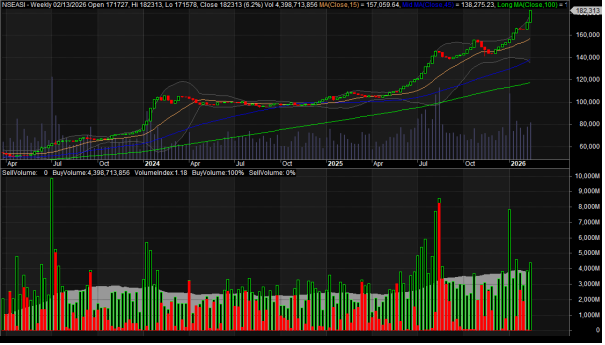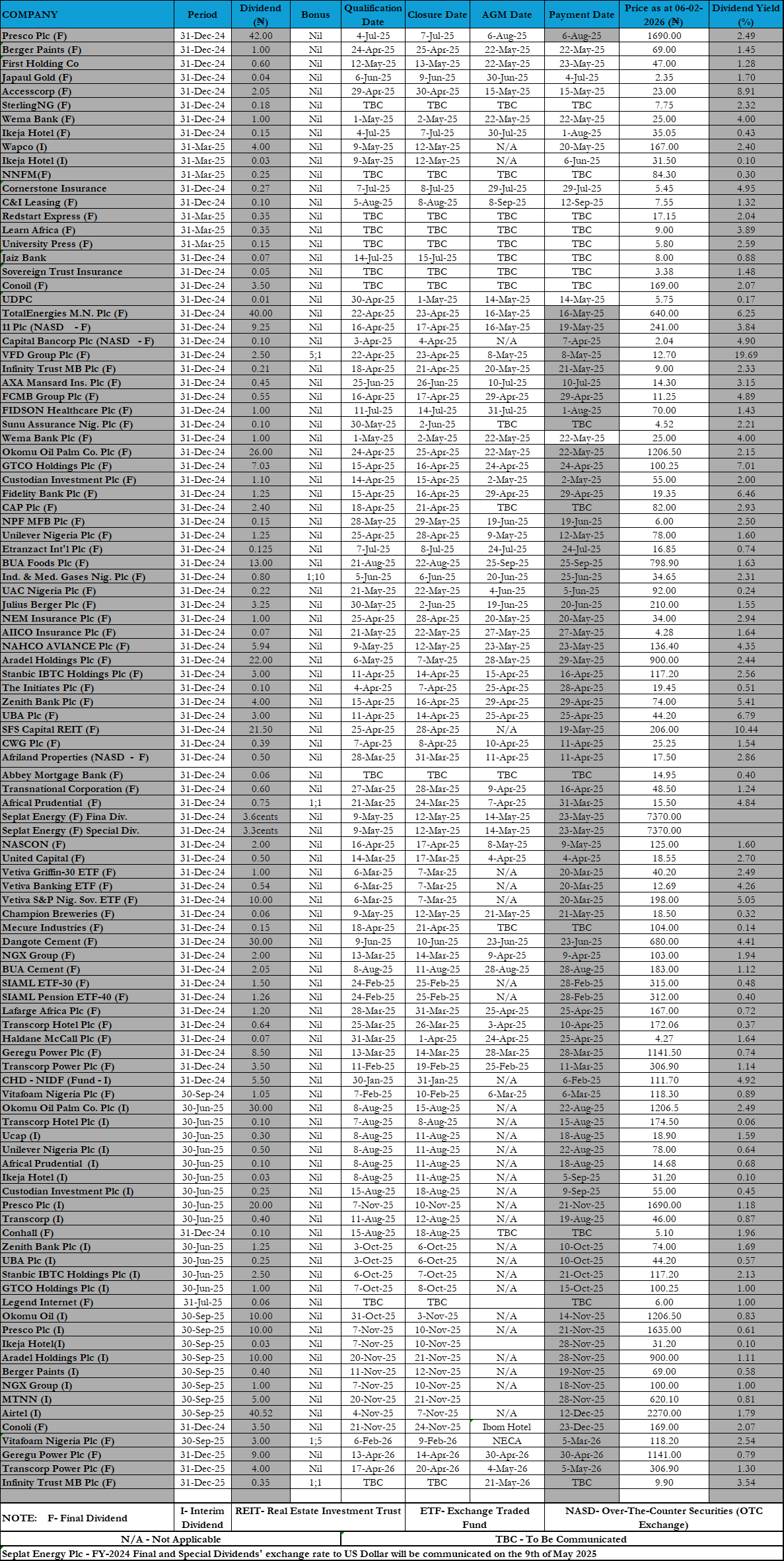
By Akintunde Oyedokun
Research Analyst
Oil prices rose approximately 1% on Tuesday as Brent crude futures increased by 45 cents, or 0.6%, settling at $75.53 per barrel, while U.S. West Texas Intermediate (WTI) crude climbed by 52 cents, or 0.7%, closing at $71.99. This uptick in oil prices was primarily driven by concerns over potential production disruptions in the Gulf of Mexico due to an impending storm, which could impact U.S. oil output.
In addition, the weakening of the U.S. dollar added to oil’s appeal for foreign buyers, as markets observed heightened uncertainty around the outcome of the U.S. presidential election.
Australia’s Central Bank Sees Gradual Inflation Decline, Revises Job, Growth Forecasts
Australia’s central bank announced on Tuesday that underlying inflation is expected to ease gradually, with a slight drop to 3.4% by year-end from 3.5% in the previous quarter, though it remains above the 2-3% target range. The Reserve Bank of Australia (RBA), in its quarterly Statement on Monetary Policy, reported increased employment expectations but downgraded economic growth projections due to restrained consumer spending. The RBA anticipates inflation will fall to 2.8% by late 2025 and 2.5% by the end of 2026 as economic demand and supply approach balance, though disinflation is expected to proceed slowly.
New Zealand’s Economy Faces Challenges Amid Rising Unemployment
The Reserve Bank of New Zealand’s latest Financial Stability Report highlights an increasingly fragile domestic economy with growing unemployment, stalled business investments, and slowing demand due to high interest rates and global headwinds. Governor Adrian Orr cautions that the real economy is lagging behind recent interest rate cuts, which could increase the risk of economic shocks.
Rand Climbs Amid Positive PMI Data, U.S. Election Countdown
The South African rand edged higher on Tuesday following the release of the country’s purchasing managers’ index (PMI), while global focus shifted to the U.S. elections. At 1523 GMT, the rand traded at 17.445 against the U.S. dollar, up 0.33% from its previous close, as the dollar weakened by 0.3% against a basket of currencies. October’s PMI survey indicated sustained growth in South Africa’s private sector, supported by lower business costs and selling prices. Global investors are closely watching the tight U.S. presidential race between Donald Trump and Kamala Harris. Meanwhile, South Africa’s 2030 government bond saw a slight increase in yield, rising by 1 basis point to 9.315%.
Nigeria’s Electricity Grid Suffers 9th Collapse Of 2024
Nigeria’s national power grid suffered a partial collapse on Tuesday, according to the Transmission Company of Nigeria (TCN). The disruption, which occurred around 1252 GMT, resulted from a series of line and generator trips destabilizing the system. While some areas, including Abuja, regained power after an hour, blackouts persisted in other regions. TCN engineers are working to restore power to affected states. Frequent blackouts are common due to outdated infrastructure, vandalism, and insufficient gas supply for thermal plants, which supply most of the country’s power. Despite a generation capacity of 13,000 megawatts, the grid can only distribute about a third of it, forcing reliance on expensive fuel generators.










